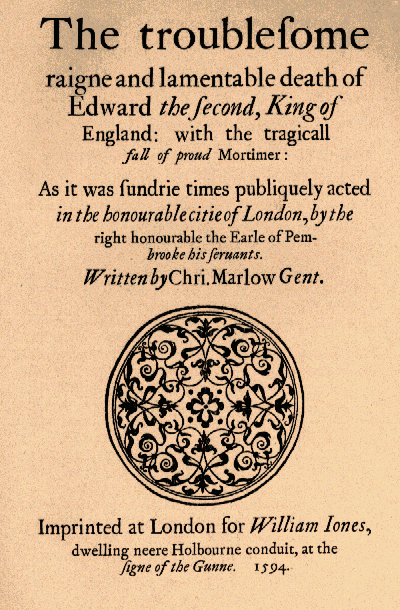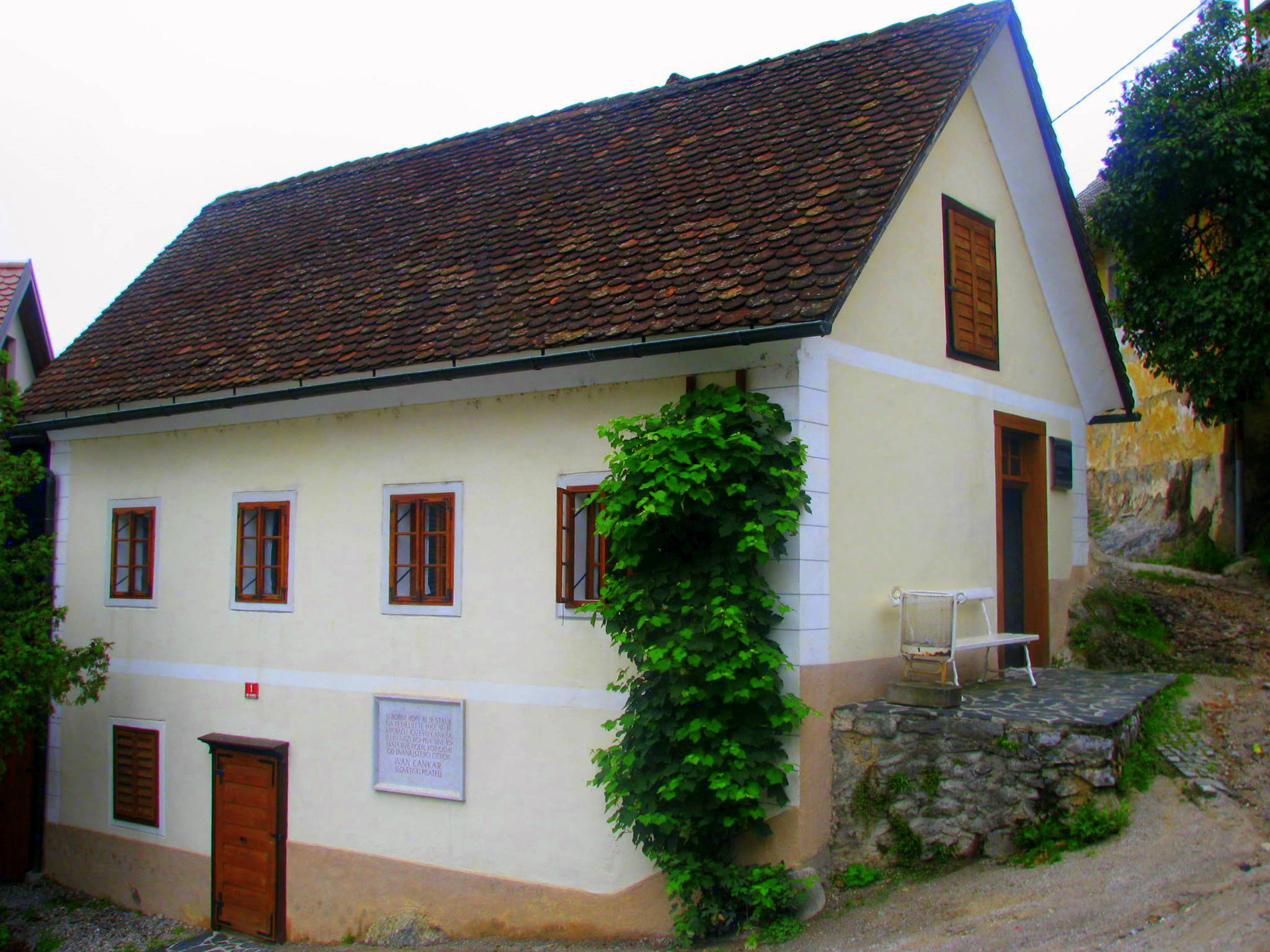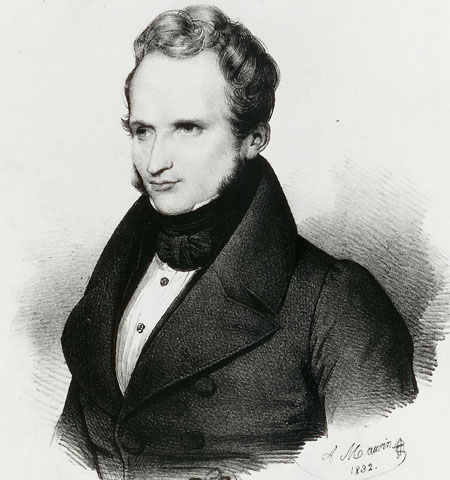|
Diego De Brea
Diego de Brea (born 1969 in Šempeter pri Gorici) is a Slovenian theatre director. Life and work Diego de Brea finished elementary school and high school in Nova Gorica and then studied comparative literature and art history at the Faculty of Arts in Ljubljana. In 1995, he started studying theatre direction the Academy for Theatre, Radio, Film and Television in Ljubljana. In 1999, his graduation piece, ''The Birth of Light'', won an award at the International Student Production Theatre Festival in Brno. He has authored a number of well-known performances in Slovenian repertory and non-institutional theatres. He tackles many genres ranging from youth pieces and puppet shows (even a puppet opera), to self-authored projects, classical and contemporary texts as well as musical vaudeville. In Italy, he directed a self-authored project Leonora, starring the opera singer Eleonora Jankovich and based on Wagner’s motifs. His performances toured both in Slovenia and abroad - in Belgr ... [...More Info...] [...Related Items...] OR: [Wikipedia] [Google] [Baidu] |
Šempeter Pri Gorici
Šempeter pri Gorici ( or ; it, San Pietro di Gorizia) is a town and the administrative centre of the Municipality of Šempeter-Vrtojba in the Slovene Littoral region of Slovenia. There is a border crossing into the Italian town of Gorizia. The crossing is known as ''San Pietro di Gorizia'' in Italian. Through most of its history, it was linked to the town of Gorizia ( sl, Gorica), which is now in Italy, whence also its name, literally meaning ' St. Peter near Gorizia'. Since 1947, it has been gravitating towards the newly established town of Nova Gorica, with which it forms a continuous conurbation. History In the Middle Ages, it was part of the Patriarchate of Aquileia and then of the County of Gorizia. In 1500, it came under Habsburg rule, and remained part of the Habsburg Monarchy until 1918, excluding a short French interim between 1809 and 1813. During the Austrian administration in the 19th and early 20th centuries, it formed an independent municipality. According to ... [...More Info...] [...Related Items...] OR: [Wikipedia] [Google] [Baidu] |
Edward II (play)
''The Troublesome Reign and Lamentable Death of Edward the Second, King of England, with the Tragical Fall of Proud Mortimer'', known as ''Edward II'', is a Renaissance or early modern period play written by Christopher Marlowe. It is one of the earliest English history plays, and focuses on the relationship between King Edward II of England and Piers Gaveston, and Edward's murder on the orders of Roger Mortimer. Marlowe found most of his material for this play in the third volume of Raphael Holinshed's ''Chronicles'' (1587). Frederick S. Boas believes that "out of all the rich material provided by Holinshed" Marlowe was drawn to "the comparatively unattractive reign of Edward II" due to the relationship between the King and Gaveston. Boas elaborates, "Homosexual affection ... has (as has been seen) a special attraction for Marlowe. Jove and Ganymede in ''Dido'', Henry III and his 'minions' in ''The Massacre'', Neptune and Leander in ''Hero and Leander'', and all akin, altho ... [...More Info...] [...Related Items...] OR: [Wikipedia] [Google] [Baidu] |
Luchino Visconti
Luchino Visconti di Modrone, Count of Lonate Pozzolo (; 2 November 1906 – 17 March 1976) was an Italian filmmaker, stage director, and screenwriter. A major figure of Italian art and culture in the mid-20th century, Visconti was one of the fathers of cinematic neorealism, but later moved towards luxurious, sweeping epics dealing with themes of beauty, decadence, death, and European history, especially the decay of the nobility and the bourgeoisie. He was the recipient of many accolades, including the Palme d'Or and the Golden Lion, and many of his works are regarded as highly-influential to future generations of filmmakers. Born to a Milanese noble family, Visconti explored artistic proclivities from an early age, working as an assistant director to Jean Renoir. His 1943 directorial debut, ''Ossessione,'' was condemned by the Fascist regime for its unvarnished depictions of working-class characters resorting to criminality, but is today renowned as a pioneering work of Ital ... [...More Info...] [...Related Items...] OR: [Wikipedia] [Google] [Baidu] |
Christopher Marlowe
Christopher Marlowe, also known as Kit Marlowe (; baptised 26 February 156430 May 1593), was an English playwright, poet and translator of the Elizabethan era. Marlowe is among the most famous of the Elizabethan playwrights. Based upon the "many imitations" of his play ''Tamburlaine,'' modern scholars consider him to have been the foremost dramatist in London in the years just before his mysterious early death. Some scholars also believe that he greatly influenced William Shakespeare, who was baptised in the same year as Marlowe and later succeeded him as the pre-eminent Elizabethan playwright. Marlowe was the first to achieve critical reputation for his use of blank verse, which became the standard for the era. His plays are distinguished by their overreaching protagonists. Themes found within Marlowe's literary works have been noted as humanistic with realistic emotions, which some scholars find difficult to reconcile with Marlowe's "anti-intellectualism" and his caterin ... [...More Info...] [...Related Items...] OR: [Wikipedia] [Google] [Baidu] |
Mladinsko Theatre
The Slovenian Youth Theatre or Mladinsko Theatre ( sl, Slovensko mladinsko gledališče) was founded in Ljubljana in 1955 as the first professional theater for children and youth in Slovenia. It is situated in the Baraga Seminary, which was built by architect Jože Plečnik in the center of Ljubljana. In the 1980s, it became a center of theatrical research and politically-engaged theater. It is known for a wide range of innovative poetics of different directors and an ensemble energy, a Peter Brook-like approach to acting with a laboratory for theatre research for actors, directors, choreographers and musicians to research, develop, and create. History Introduction Mladinsko Theatre was founded in 1955 by Balbina Baranovič, the directress who also founded the first experimental theatre company in Slovenia. Throughout its history, the theatre has collaborated with the theatre reformers that shaped the Slovenian theatre during the second half of the 20th century. The Mladins ... [...More Info...] [...Related Items...] OR: [Wikipedia] [Google] [Baidu] |
Alexandre Dumas
Alexandre Dumas (, ; ; born Dumas Davy de la Pailleterie (), 24 July 1802 – 5 December 1870), also known as Alexandre Dumas père (where '' '' is French for 'father', to distinguish him from his son Alexandre Dumas fils), was a French writer. His works have been translated into many languages and he is one of the most widely read French authors. Many of his historical novels of adventure were originally published as serials, including '' The Count of Monte Cristo'', ''The Three Musketeers'', ''Twenty Years After'' and '' The Vicomte of Bragelonne: Ten Years Later''. His novels have been adapted since the early twentieth century into nearly 200 films. Prolific in several genres, Dumas began his career by writing plays, which were successfully produced from the first. He also wrote numerous magazine articles and travel books; his published works totalled 100,000 pages. In the 1840s, Dumas founded the Théâtre Historique in Paris. His father, General Thomas-Alexandre Dumas D ... [...More Info...] [...Related Items...] OR: [Wikipedia] [Google] [Baidu] |
Ivan Cankar
Ivan Cankar (, ) (10 May 1876 – 11 December 1918) was a Slovene writer, playwright, essayist, poet, and political activist. Together with Oton Župančič, Dragotin Kette, and Josip Murn, he is considered as the beginner of modernism in Slovene literature. He is regarded as the greatest writer in Slovene, and has sometimes been compared to Franz Kafka and James Joyce. Biography Ivan Cankar was born in the Carniolan town of Vrhnika near Ljubljana. He was one of the many children of a poor artisan who emigrated to Bosnia shortly after Ivan's birth. He was raised by his mother, Neža Cankar née Pivk, with whom he established a close, but ambivalent relationship. The figure of a self-sacrificing and submissively repressive mother would later become one of the most recognizable features of Cankar's prose. After finishing grammar school in his hometown, he studied at the Technical High School (''Realka'') in Ljubljana (1888–1896). During this period, he started writing l ... [...More Info...] [...Related Items...] OR: [Wikipedia] [Google] [Baidu] |
Alfred De Vigny
Alfred Victor, Comte de Vigny (27 March 1797 – 17 September 1863) was a French poet and early French Romanticist. He also produced novels, plays, and translations of Shakespeare. Biography Vigny was born in Loches (a town to which he never returned) to an aristocratic family. His father was a 60-year-old veteran of the Seven Years' War who died before Vigny's 20th birthday; his mother, 20 years younger, was a strong-willed woman who was inspired by Rousseau and took personal responsibility for Vigny's early education. His maternal grandfather, the Marquis de Baraudin, had served as commodore with the royal navy. Vigny grew up in Paris, and attended preparatory studies for the École Polytechnique at the Lycée Bonaparte, obtaining a good knowledge of French history and the Bible before developing an "inordinate love for the glory of bearing arms". As was the case for every noble family, the French Revolution diminished the family's circumstances considerably. After Napoléon' ... [...More Info...] [...Related Items...] OR: [Wikipedia] [Google] [Baidu] |
Roland Schimmelpfenning
Roland (; frk, *Hrōþiland; lat-med, Hruodlandus or ''Rotholandus''; it, Orlando or ''Rolando''; died 15 August 778) was a Frankish military leader under Charlemagne who became one of the principal figures in the literary cycle known as the Matter of France. The historical Roland was military governor of the Breton March, responsible for defending Francia's frontier against the Bretons. His only historical attestation is in Einhard's ''Vita Karoli Magni'', which notes he was part of the Frankish rearguard killed in retribution by the Basques in Iberia at the Battle of Roncevaux Pass. The story of Roland's death at Roncevaux Pass was embellished in later medieval and Renaissance literature. The first and most famous of these epic treatments was the Old French ''Chanson de Roland'' of the 11th century. Two masterpieces of Italian Renaissance poetry, the ''Orlando Innamorato'' and ''Orlando Furioso'' (by Matteo Maria Boiardo and Ludovico Ariosto respectively), are even further ... [...More Info...] [...Related Items...] OR: [Wikipedia] [Google] [Baidu] |
Bob Fosse
Robert Louis Fosse (; June 23, 1927 – September 23, 1987) was an American actor, choreographer, dancer, and film and stage director. He directed and choreographed musical works on stage and screen, including the stage musicals ''The Pajama Game'' (1954), ''Damn Yankees'' (1955), ''How to Succeed in Business Without Really Trying'' (1961), '' Sweet Charity'' (1966), ''Pippin'' (1972), and ''Chicago'' (1975). He directed the films '' Sweet Charity'' (1969), ''Cabaret'' (1972), '' Lenny'' (1975), '' All That Jazz'' (1979), and ''Star 80'' (1983). Fosse's distinctive style of choreography included turned-in knees and " jazz hands". He is the only person ever to have won Oscar, Emmy, and Tony awards in the same year (1973). He was nominated for four Academy Awards, winning Best Director for ''Cabaret'', and won the Palme D'Or in 1980 for ''All That Jazz.'' He won a record eight Tonys for his choreography, as well as one for direction for ''Pippin''. Early life Fosse was born ... [...More Info...] [...Related Items...] OR: [Wikipedia] [Google] [Baidu] |
Eugène Ionesco
Eugène Ionesco (; born Eugen Ionescu, ; 26 November 1909 – 28 March 1994) was a Romanian-French playwright who wrote mostly in French, and was one of the foremost figures of the French avant-garde theatre in the 20th century. Ionesco instigated a revolution in ideas and techniques of drama, beginning with his "anti play", ''The Bald Soprano'' which contributed to the beginnings of what is known as the Theatre of the Absurd, which includes a number of plays that, following the ideas of the philosopher Albert Camus, explore concepts of absurdism. He was made a member of the Académie française in 1970, and was awarded the 1970 Austrian State Prize for European Literature, and the 1973 Jerusalem Prize. Biography Ionesco was born in Slatina, Romania, to a Romanian father belonging to the Orthodox Christian church and a mother of French and Romanian heritage, whose faith was Protestant (the faith into which her father was born and to which her originally Greek Orthodox Christ ... [...More Info...] [...Related Items...] OR: [Wikipedia] [Google] [Baidu] |
Veronika Of Desenice
Veronika of Desenice (died 17 October 1425) ( hr, Veronika Desinićka; sl, Veronika Deseniška, ''Veronika z Desenic'') was the second wife of Frederick II, Count of Celje. Early life Little is known of her early life. It is believed the name ''Deseniška'' derives from the village of Desinić in Croatia, where Frederick also had extensive estates, and it appears in the forms ''Dessnitz'', ''Dessenitz'', ''Desnicze'', ''Teschnitz'', ''Teschenitz'', and ''Dessewitz'' in various historical sources. Marriage and persecution Veronika was of lesser status, and Frederick's father Hermann II, Count of Celje, Hermann II was greatly opposed to the marriage. The chronicles of the Counts of Celje suggest he had his son arrested and, while holding him prisoner, initiated a trial against Veronika accusing her of witchcraft. She was acquitted by the court. Murder Despite the court's ruling, she was incarcerated in Ojstrica Castle near Tabor, Slovenia, Tabor and murdered (supposedly on the orde ... [...More Info...] [...Related Items...] OR: [Wikipedia] [Google] [Baidu] |





